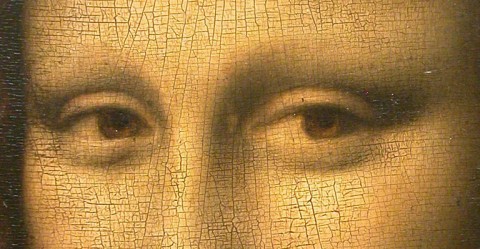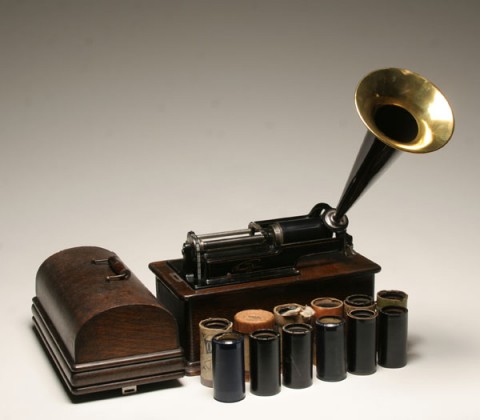Let’s rewind the videotape to 1956, to Samuel James Seymour’s appearance on the CBS television show, “I’ve Got a Secret.” At 96 years of age, Seymour was the last surviving person present at Ford’s Theater the night Abraham Lincoln was assassinated by John Wilkes Booth (April 14, 1865).
Only five years old at the time, Mr. Seymour traveled with his father to Washington D.C. on a business trip, where they attended a performance of Our American Cousin. The youngster caught a quick glimpse of the president, the play began, and the rest … as they say … is history.
A quick footnote: Samuel Seymour died two months after his TV appearance. His longevity had something to do, I’d think, with declining those Winstons over the years.
Find courses on the Civil War in our list of Free History Courses, a subset of our collection, 1,700 Free Online Courses from Top Universities.
If you would like to sign up for Open Culture’s free email newsletter, please find it here. Or follow our posts on Threads, Facebook, BlueSky or Mastodon.
If you would like to support the mission of Open Culture, consider making a donation to our site. It’s hard to rely 100% on ads, and your contributions will help us continue providing the best free cultural and educational materials to learners everywhere. You can contribute through PayPal, Patreon, and Venmo (@openculture). Thanks!




